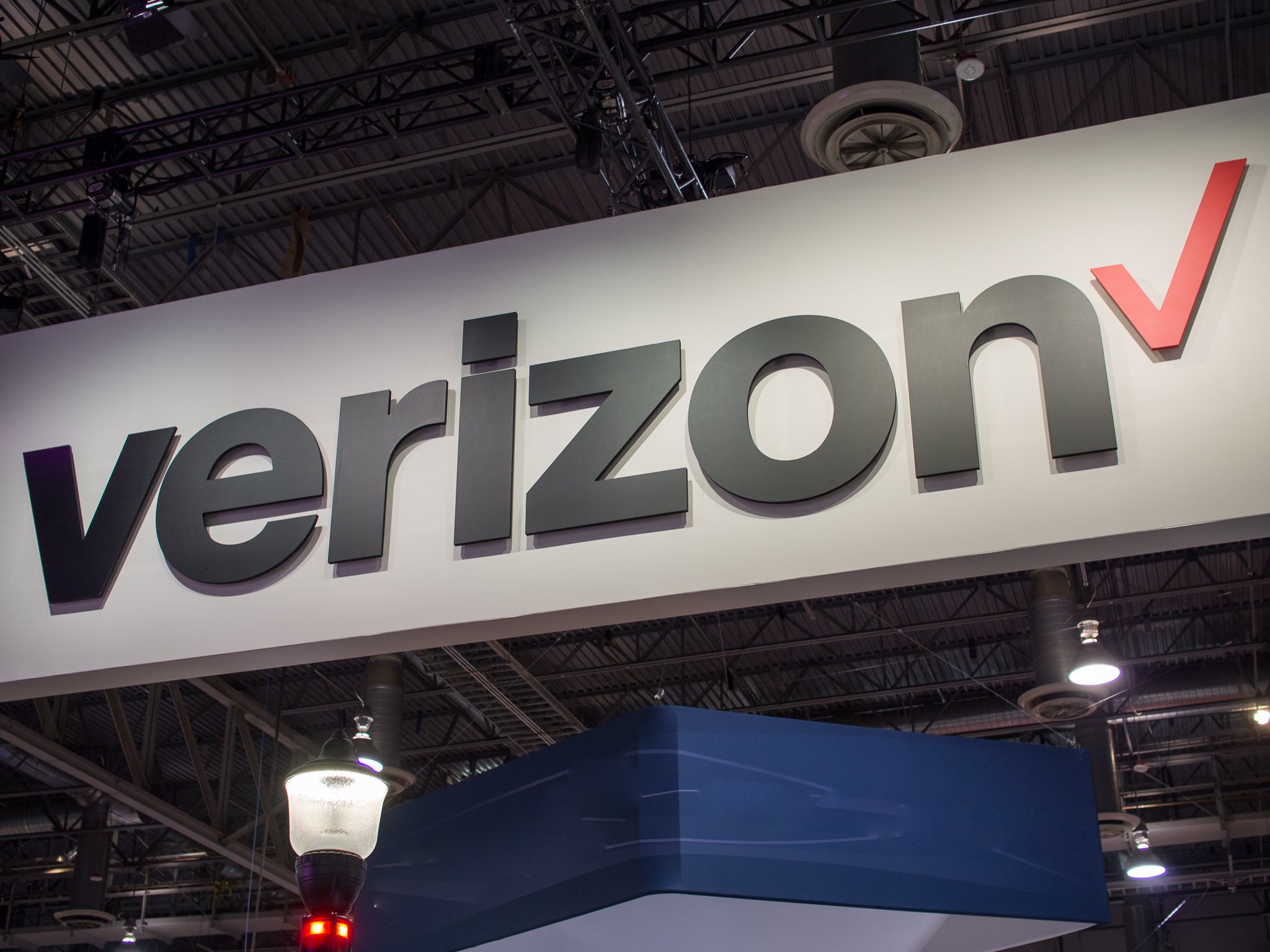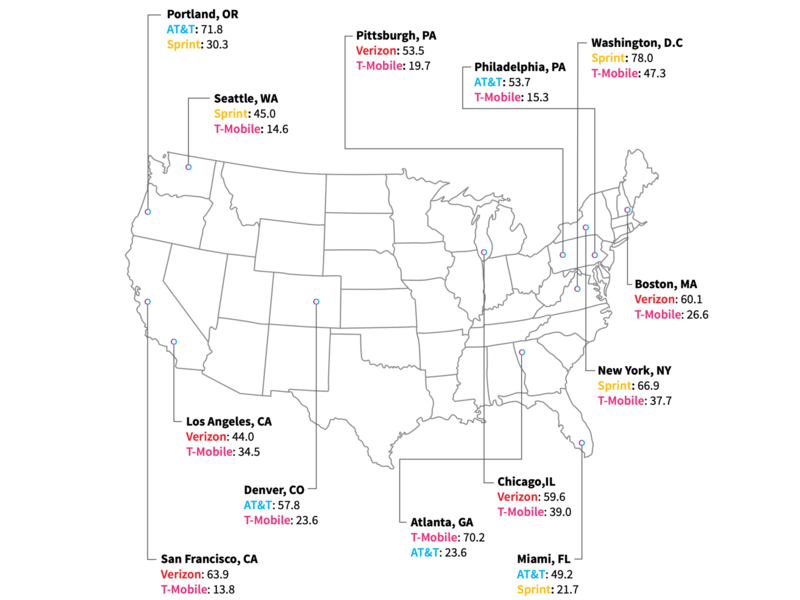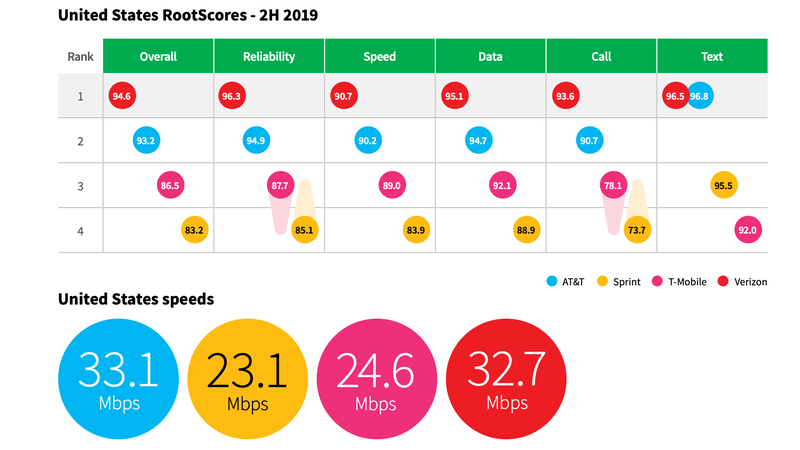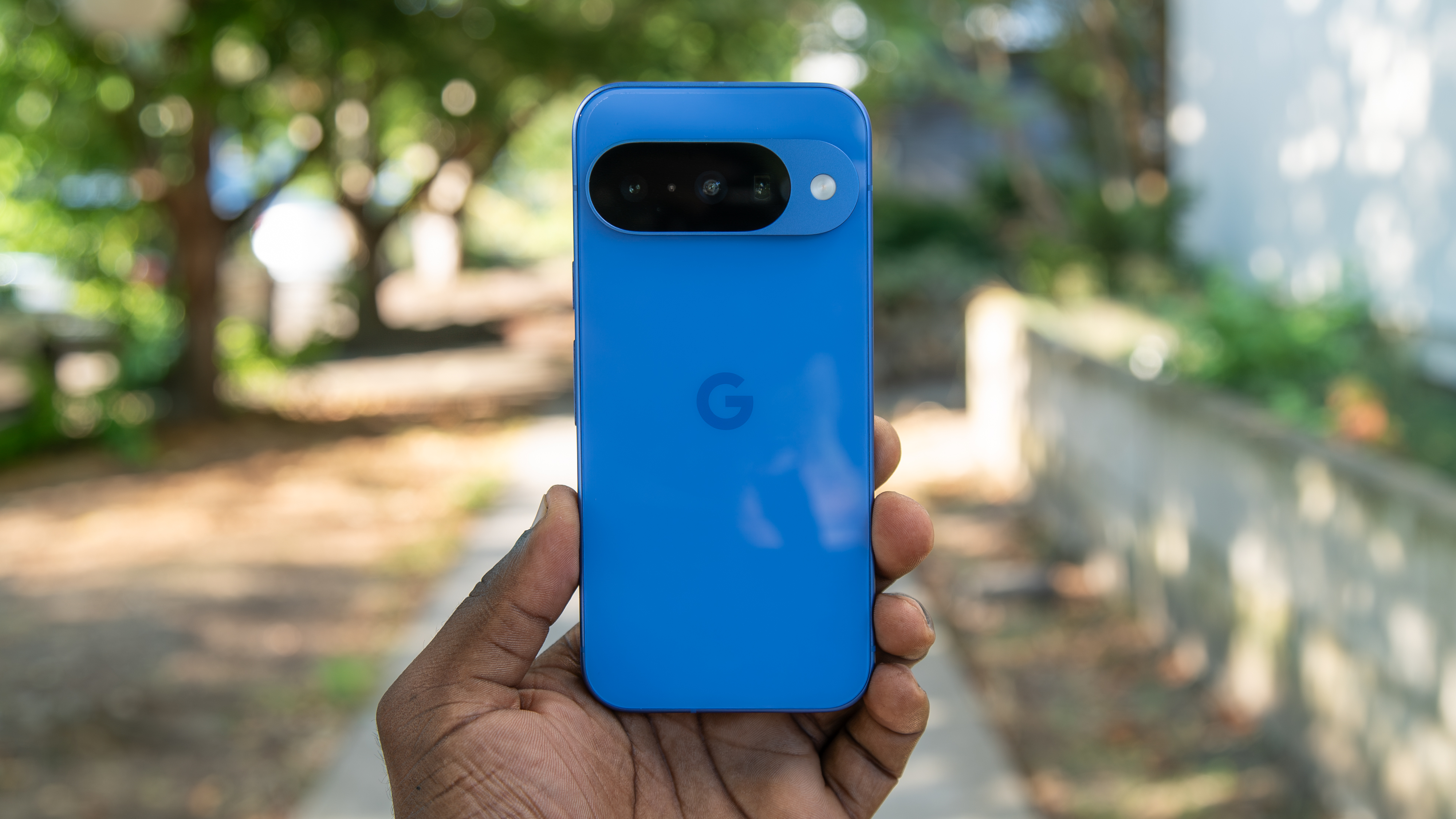State of the Mobile Union report shows Verizon in the lead but no clear winners

What you need to know
- IHS Markit network testing shows Verizon wins in more places but not in every major city.
- Sprint comes in fourth but wins in some major cities.
- Testing 5G networks showed mixed but not unexpected results.
Analyst firm IHS Markit has released its network testing results for the second half of 2019, bundled as a "US State of the Mobile Union" report. The report reveals the incredibly mixed results you'd expect if you've ever used a phone on a U.S. carrier, with every carrier nabbing a first-place victory in at least one major city, but no unanimous winner. Verizon beat the other three carriers for the most wins in tests of speed, reliability, data use, calling, and texting.

If anything, the report reveals how difficult it can be to judge the major carrier networks, as coverage can vary not only from city to city, but within cities as well. This is especially clear in the nascent 5G network rollout. Verizon has done remarkable work placing its 5G mmWave antennas throughout supported cities, but the coverage is still in the earliest stages compared to 4G LTE. IHS Markit found Verizon speeds were superlative where they could find 5G coverage, but Verizon's LTE network is so mature that it often beat the low-band 5G networks that other carriers are building.
Network capabilities are important to users, IHS found. The firm identified 30% of the U.S. population as "always-on," meaning we expect connectivity wherever we are. A smaller subest of 12% of those always-on users are what IHS calls "wholly-dependent power users," which is the nicest euphemism for 'smartphone addict' we've heard. Power users are very aware of the speed they're getting from their carrier, and more than half say they would consider switching if they had one or two bad experiences a month. Most telling is that 41% of those power users also say they are holding out for 5G for their next big smartphone purchase.

Of the carriers, Sprint had the most trouble providing high speeds, with more slow cities registering median network speeds of 20 Mbps or less. Sprint tested that slowly in 38 cities, while Verizon only had one city in that range, Fresno, CA. On the other hand, Sprint also won a few major cities in IHS testing, including New York CIty, Washington, D.C., and Seattle, T-Mobile's home turf. Sprint registered the fastest median speed of any carrier with a 78 Mbps average in D.C.. That only includes 4G LTE testing, as 5G speeds were not averaged into the median.
The conclusion could be that Verizon is the big winner, but only if you need the best coverage in a whole bunch of cities. Otherwise it's best to check for your local coverage and see who wins. Verizon is great overall, but AT&T covers the most cities in faster networking that beats 40 Mbps. T-Mobile has the best 5G coverage, but the low-bandwidth network can only achieve speeds similar to 4G LTE in many spots. The entire US carrier picture is a patchwork quilt of wins and losses.
Get the latest news from Android Central, your trusted companion in the world of Android

